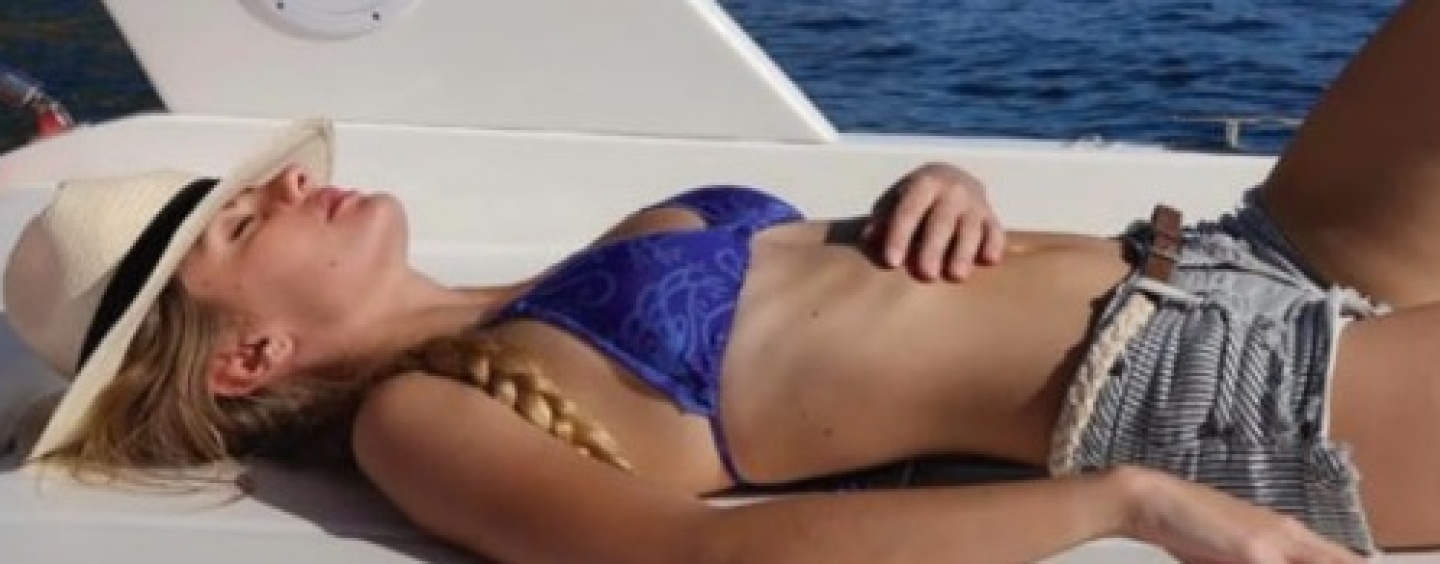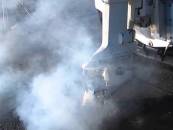Did you know?
- Australia, especially Queensland has the highest rate of skin cancer in the world.
- Approximately 2 in 3 Australians will be diagnosed with some form of skin cancer before the age of 70.
What is skin cancer?
Skin cancer occurs when skin cells are damaged, usually by overexposure to ultraviolet (UV) radiation from the sun. There are three main types of skin cancer:
Basal cell carcinoma (BCC), Squamous cell carcinoma (SCC) and Melanoma. Both basal cell carcinoma and squamous cell carcinoma are known as non-melanoma skin cancers.
What causes skin cancer?
Sunburn – It causes 95% of melanomas, the deadliest form of skin cancer. Many people get sunburnt when they are taking part in water sports and activities at the beach or pool, as well boating, gardening, or having a barbeque, most at risk are outside workers.
Tanning – A tan is not a sign of good health or wellbeing, despite many Australians referring to a ‘healthy tan’, some Australian adults still hold the misguided belief that a tan looks healthy. Truth is, a tan signifies that you have been exposed to enough UV radiation (from the sun or solarium) to damage your skin. This will eventually cause loss of elasticity (wrinkles), sagging, yellowish discolouration and even brown patches to appear on your skin, worst of all, it increases your risk of skin cancer.
What are the symptoms of cancer?
The sooner a skin cancer is identified and treated, the better your chance of avoiding complex surgery or, in the case of a serious melanoma or other skin cancer, potential disfigurement or even death. Become familiar with the look of your skin, to identify changes that might suggest a skin cancer.
Look for:
- Any crusty, non-healing sores or lesions
- Small lumps that appear red, pale or pearly in colour
- New spots, freckles or any moles changing in colour, thickness or shape over a period of weeks to months (especially those dark brown to black, red or blue-black in colour).
Can I get sunburnt even in winter time?
Sunburn is also common on cooler or overcast days, as many people mistakenly believe UV radiation is not as strong. This is untrue – you can still be sunburnt when the temperature is cool. Sun exposure that doesn’t result in burning can still cause damage to skin cells and increase your risk of developing skin cancer. Evidence suggests that regular exposure to UV radiation year after year can also lead to skin cancer.
When is a good time for a skin check?
One of the most important things you can do for your health this winter is to get your skin checked. While many people take on-board the usual sun-smart messages of sunscreen, eyewear, hats and cover-up during summer, it is often neglected during winter.
Skin cancers develop at any time, so sun protection measures and skin checks should not be neglected during the colder months. Skin lesions from sun damage during summer months won’t show up overnight. It may take months or years for the damage to develop into a skin cancer. During summer we are far more likely to notice moles or unusual spots as more of our skin is exposed. However, in winter, we are heavily clothed, and as a result, often less likely to notice suspicious moles or changes.
Additionally, winter may prove to be the most ideal time for a full skin check. As most people are covered up during the winter months, this minimizes sun exposure to skin lesions and moles. This can allow for better Dermoscopy viewing (a distinct magnifying light, which allows the doctor to closely examine spots on the skin).
Always remember to protect your skin this winter by applying 30+ sunscreen to exposed areas of skin, such as the face and hands, and don’t forget your lips and ears. Always wear protective sunglasses or protective eyewear for work, sports and anytime outside.
If you notice a spot on the skin that looks different from the others or is changing, bleeding or itchy, it should be examined, give us a call we will always find an appointment time for you to see Dr Atef Mousa.
Be skin smart book now – 5539 3958



























